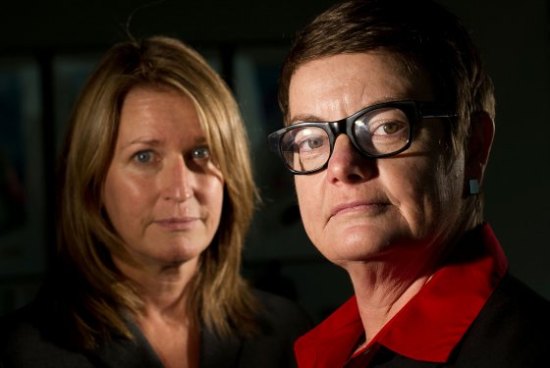by Carlos Diaz
RELIGION
In today’s debate about same-sex marriage it is assumed by many that religious objections are a valid argument against the proposed institutional changes. In this post I will explore some of the key arguments stemming from religious groups. I will also do my best to show how these arguments don’t merit serious consideration in a secular society.
The opinions of religious people are by no measure monolithic when it comes to this issue, even though most people who are part of an organized religion disagree with the legalization of same-sex marriage. Those who oppose the issue on religious grounds tend to cite The Bible or other religious text to prove their case, not only against same-sex marriage but even in opposition to the acceptance of homosexuality in general. They cite Genesis which claims God made man and then he created a woman so man would not be alone. Leviticus orders death as a punishment for several sexual behaviors including homosexual relations, which it calls an “abomination”. These are two of the most mentioned religious objections, but not the only ones.
The Catholic Church is the largest organized religious group in the world. The essence of the criticism which Catholics use in their disagreement with same-sex marriage is that marriage’s most important goal is procreation. Since homosexuals cannot procreate they cannot marry. The church’s doctrine regarding sex is a catch-22 for homosexuals. The sexual act, according to the church, must have two core elements: procreation and union. A homosexual man meets the first requirement when he engages in sexual activity with a woman, but he fails to meet the second condition because he cannot sincerely love her. If he is to engage in sexual conduct with a man, he meets the second condition, but since no procreation is possible, the first requirement is left unmet. The doctrine gets more interesting when the test of reason is applied. Why doesn’t this doctrine apply to sterile or older heterosexuals? The church simply says that in that case a miracle is possible. Apparently God’s omnipotence is not enough to perform a miracle in the case of homosexuals.
Can an individual profess to be a Christian or Jew and support the rights of homosexuals? According to conservative talk show host Dennis Prager if you know the Bible and want to support gay rights your answer should be “I am aware that the Bible condemns homosexuality, and I consider the Bible wrong”. I hate to agree with Prager but he is right. Religion is intended to be taken literally and not, as many do nowadays, allegorically. Today most people would disagree with Prager’s statement because, as Christopher Hitchens puts it at the end of his book god is not Great, they “take their beliefs à la carte or cafeteria style, choosing the bits they like and discarding the rest.”
Many religious people miss what should be the main question when discussing the issue. What is religion’s role in marriage? The church and other religious institution do not marry people. People marry each other. When it comes to the legality of marriage, religion does not have a role. The state grants citizens a right to marry. This right then allows them to own property jointly and to make important decisions on each other’s behalf. To conclude I will add that in our society religion’s role is merely symbolic when it comes to marriage. At its highest point all it does is give those who are already married through civil institutions its blessing. At its lowest it serves as a place for newlyweds to take photographs and make their parents happy. Whether a religious institution wants to give its “blessing” to same-sex couples or not should not influence the debate over the legality of these marriages.


 Sandra Stier and Kristin Perry
Sandra Stier and Kristin Perry